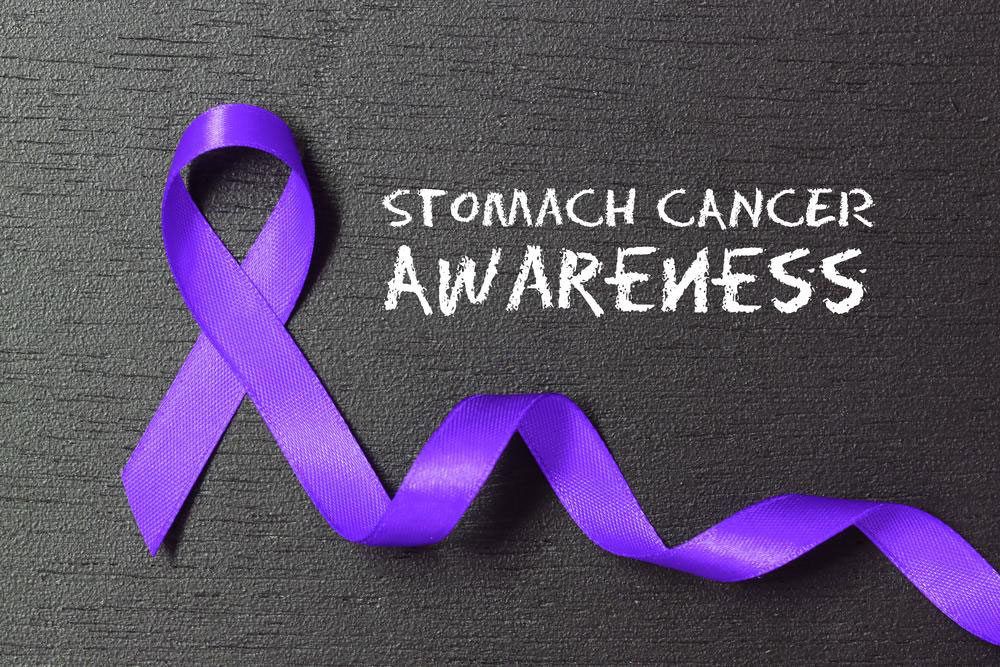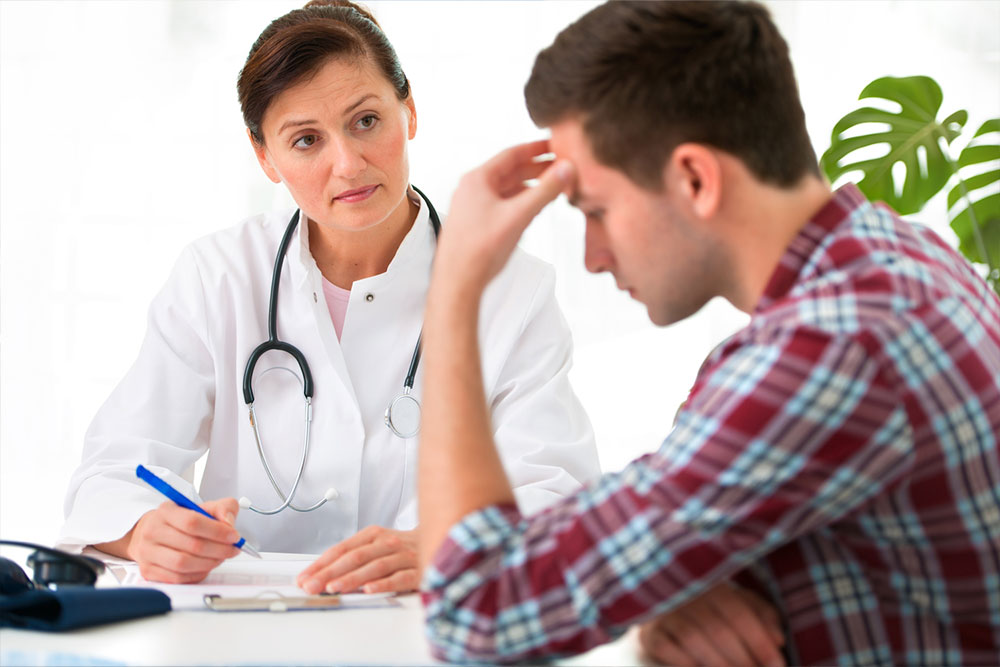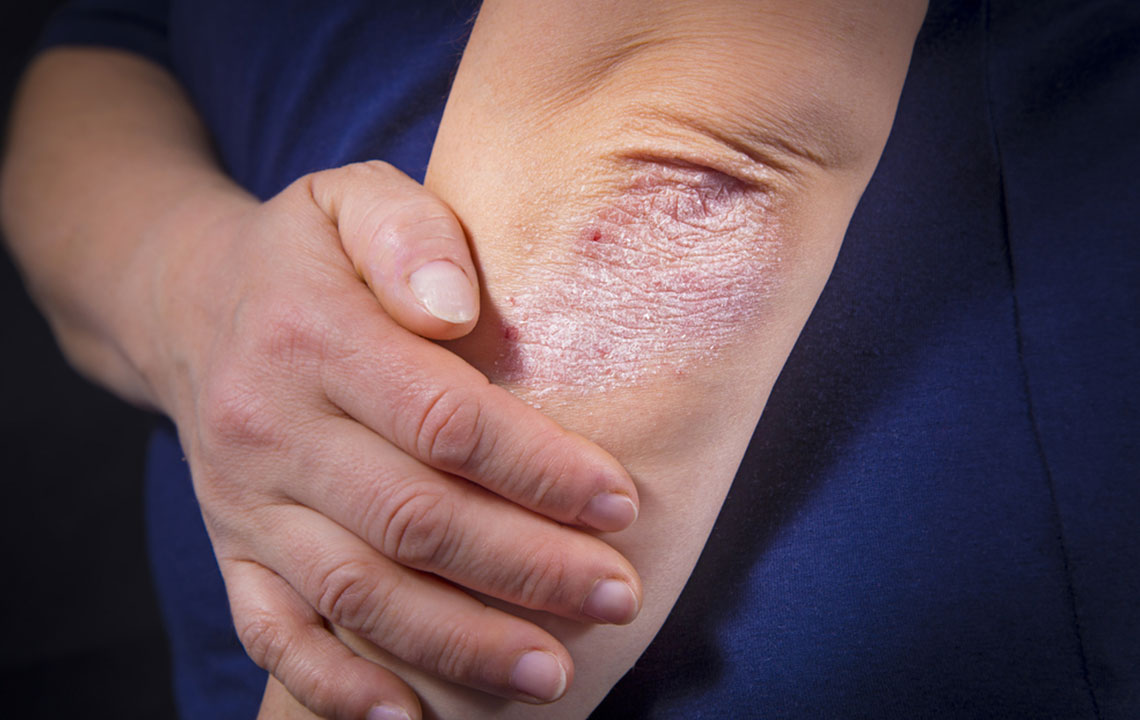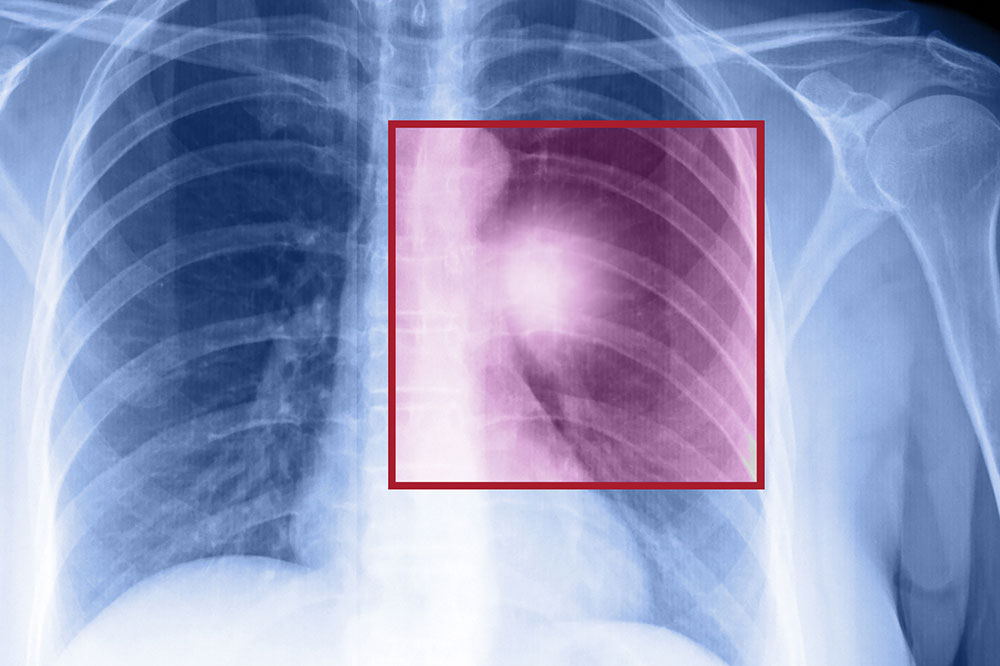Comprehensive Guide to Gastric Cancer: Recognizing Symptoms, Causes, and Treatment Options
Gastric cancer, or stomach cancer, develops slowly from the stomach lining and often presents subtle early symptoms like indigestion and bloating. Key risk factors include bacterial infections, lifestyle choices like smoking and high-salt diets, genetic predispositions, and environmental exposures. Recognizing early signs such as abdominal pain or blood in stool is vital for timely diagnosis. Treatment options range from surgery and chemotherapy to targeted therapies, depending on the stage. Preventive measures include a healthy diet and early infection treatment. Early detection can improve prognosis significantly.

Comprehensive Guide to Gastric Cancer: Recognizing Symptoms, Causes, and Treatment Options
Gastric cancer, more commonly referred to as stomach cancer, is a malignancy that originates from the lining of the stomach. It develops gradually over time, often progressing silently until it reaches an advanced stage. Early detection of symptoms is crucial, as it significantly increases the chances of successful treatment and improved survival rates. Despite ongoing research, the precise cause of gastric cancer remains uncertain. However, various risk factors have been identified that can predispose individuals to developing this disease. Understanding these factors, recognizing initial symptoms, and knowing the available treatment options are vital for early intervention and better management of gastric cancer.
Key Risk Factors for Gastric Cancer
**Helicobacter pylori infection:** A bacterial infection that causes chronic inflammation of the stomach lining, facilitating cancer development.
**Chronic gastritis:** Long-term inflammation of the stomach lining increases cancer risk.
**Stomach polyps and persistent anemia:** These conditions can serve as precursors or indicators of gastric malignancies.
**Lifestyle choices:** Smoking, high-salt diets, and obesity are strongly associated with increased risk.
**Viral infections:** Epstein-Barr virus (EBV) has been linked to certain gastric cancer cases.
**Occupational exposures:** Working in industries involving metals, wood, coal, or rubber, and exposure to asbestos are potential contributing factors.
**Blood type:** Studies suggest individuals with blood type A may have a higher susceptibility.
**Genetics:** A family history of gastric cancer can increase individual risk, indicating a hereditary component.
**Dietary factors:** Consuming a diet high in salt, smoked, or pickled foods can damage the stomach lining and promote carcinogenesis.
Recognizing Early Symptoms of Gastric Cancer
In the initial stages, gastric cancer often presents with nonspecific symptoms that can easily be mistaken for benign gastrointestinal issues. Recognizing these early signs is critical for prompt diagnosis and treatment. Typical early symptoms include:
Indigestion or dyspepsia
Bloating, especially after meals
Heartburn and acid reflux
Nausea and occasional vomiting
Loss of appetite leading to unintentional weight loss
As the tumor enlarges or progresses, symptoms may become more severe and specific, such as:
Persistent abdominal pain or discomfort
Blood in stool, which may manifest as black or tarry stools
Vomiting blood or material resembling coffee grounds
Unexplained weight loss and fatigue
Difficulty swallowing and sensation of fullness
Jaundice or skin discoloration in advanced cases
Abdominal swelling or distension
Constipation or diarrhea
Persistent heartburn and indigestion
If any of these symptoms are observed, particularly in combination or persistently, it is vital to seek medical advice. Healthcare professionals may recommend various diagnostic tests such as blood analysis, endoscopy, computed tomography (CT) scans, upper gastrointestinal series, or biopsies to confirm the presence of gastric cancer.
Available Treatment Strategies for Gastric Cancer
The choice of treatment depends on multiple factors, including the patient's age, overall health status, the stage of cancer at diagnosis, and how long symptoms have been present. The primary treatment modalities include:
Surgical Intervention: Surgery remains a cornerstone in gastric cancer treatment. Depending on the extent of the disease, surgeons may perform partial gastrectomy (removal of part of the stomach) or total gastrectomy (removal of the entire stomach). In some cases, a stent may be inserted to keep the digestive pathways open if the tumor causes obstruction. Surgery aims to remove as much tumor tissue as possible, often combined with lymph node dissection to prevent spread.
Chemotherapy: Chemotherapy uses powerful drugs administered orally or via injections to target and destroy cancer cells. It can be used before surgery (neoadjuvant) to shrink tumors or after surgery (adjuvant) to eliminate residual cancer cells. Chemotherapy may last several weeks and is associated with side effects such as nausea, hair loss, fatigue, and increased susceptibility to infections.
Radiation Therapy: This treatment utilizes high-energy radiation beams to destroy or shrink cancer cells. It is often employed in cases where surgery is not feasible or as an adjunct to surgery and chemotherapy to enhance treatment efficacy.
Chemoradiation: Combining chemotherapy and radiation therapy can significantly improve treatment outcomes by leveraging the synergistic effects of both modalities.
Targeted Therapy: Recent advances have led to the development of targeted drugs that specifically attack cancer cells based on their genetic makeup, minimizing damage to healthy tissues. These therapies are often used in cases where traditional treatments are ineffective or in advanced stages.
Preventive measures also play a vital role in reducing risk. Maintaining a diet rich in fresh fruits and vegetables, limiting intake of salty, smoked, or pickled foods, and early treatment of Helicobacter pylori infections can significantly decrease the risk of developing gastric cancer. Regular screening and monitoring are particularly important for individuals with a family history or other risk factors.





